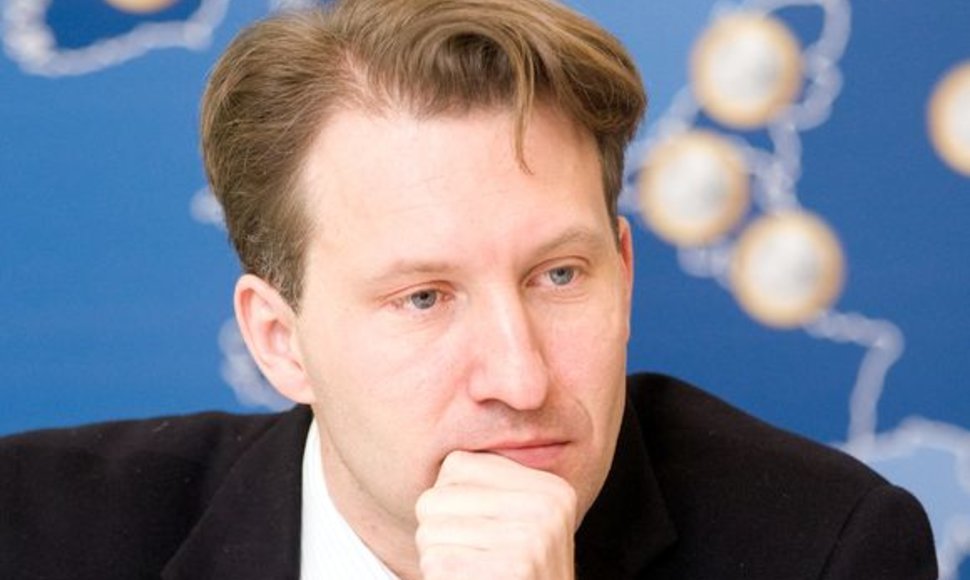"First of all, there should be legal actions, as we have many doubts about Russia's compliance to WTO rules. So the EU would operate via Geneva," Sadauskas said in a telephone interview to BNS from Brussels.
In his words, WTO rules do not allow exclusive measures against any country.
"WTO rules and Russia's commitments upon accession to the organization suggest that one country cannot be subjected to discrimination or exclusive measures, at least without an objective explanation, which we haven't received yet," the EC official said.
Sadauskas said "diplomatic and communication measures" would also be applied, adding that Lithuania should first receive explanations from Russia.
"We should first receive answers from Russia on why it is doing what it is doing," Šemeta's representative said.
Asked to specify the Russian actions that would draw legal measures on the side of the EC, Sadauskas said it would involve illogical explanations or absence of any explanation at all.
In his words, answers from Russia are expected as soon as possible.
"The restrictions harm international trade, international relations and, in our opinion, they should be discarded as soon as possible, without delay," Sadauskas said.
On Tuesday, the European Commission urged Russia to lift restrictions on Lithuanian commodities without delay, saying that the actions hindered trade, did not seem grounded and were discriminatory.
John Clancy, spokesman for EC member in charge of trade Karel De Guch, told BNS that "such action by the Russian authorities substantially disrupts trade and is totally discriminatory, since only Lithuanian carriers are affected by this measure."
Lithuanian Foreign Minister Linas Linkevičius Tuesday sent a letter to the EU's High Commissioner for Foreign Affairs and Security Policy Catherine Ashton, European Commission's Vice-President Siim Kallas, EC members Algirdas Šemeta, Karel de Gucht and Stefan Fule.
The minister's letter informed EU institutions about the thorough customs checks launched against Lithuanian haulers and cargo by Russia on September 11. The attention of the EC was also drawn to the fact that passenger vehicles registered in Lithuania had been undergoing a thorough check procedure at the Lithuanian-Russian state border since August 30, which forced the Foreign Ministry into issuing a recommendation against unnecessary travels to the Kaliningrad region.












